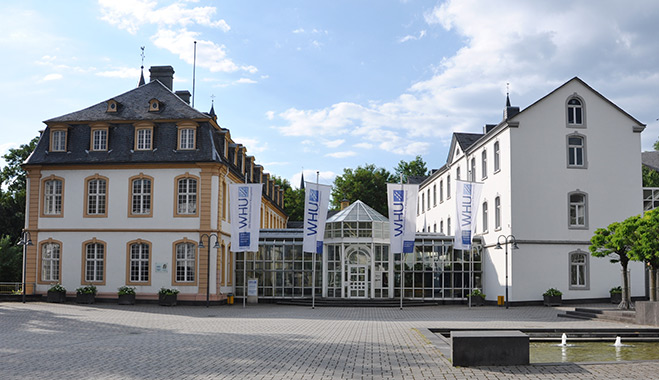
Many companies and universities face demographic change and an intensified competitive environment. They each have a societal responsibility to develop programmes which incorporate today’s global challenges. Demographic change and globalisation further increase the competition. While companies aim at attracting graduates, the retention of top talents becomes a major success factor. At the same time, employees stay longer in their jobs, switch companies more frequently and are sought-after globally rather than nationally.
As a result, employer branding and executive development are ranked high when discussed by various company leadership circles.
Global challenges
While the workforce becomes more diverse, the needs for executive development has also become more varied and sought-after. Even within small to medium-sized companies, the implementation of life-long learning concepts has gained complexity.
Recently, the so-called ‘Bologna Process’ has significantly changed the higher education environment in Europe. Greater comparability and a unified framework allow students to navigate between countries. In its essence, the ‘Bologna Process’ takes into account people wanting to return to studies at very different life stages. The notion to have studied one subject, and then start working with the plan to return and study another area is highly encouraged.Executive development is about people – the clients, the programme participants, and the teaching faculty members.
Developing a studious mindset
Working closely together ensures high-impact programmes which benefit every single participant. For more than ten years, WHU – Otto Beisheim School of Management in Germany, has been offering customised Executive Education programmes tailored to the specific requirements of companies looking to train their executives and managers in general or specific management topics. Each programme is as unique as the clients’ needs, where culture and strategy is aimed at supporting a life-long learning process within the company. Working closely with the clients on the design of each programme ensures a measurable, relevant and long-term learning experience for the participants.
Having recently opened a second campus in Düsseldorf, the business school offers a two year part-time MBA, targeted at young professionals with a first degree and at least two years of work experience. WHU’s Executive Education programmes are also managed out of Düsseldorf. Developing its own culture as an intellectual and creative learning environment, WHU is characterised by the engagement and commitment of all people involved–adapting to the way in which learning knows no bounds.
For further information visit whu.edu or email ExecEd@whu.edu

